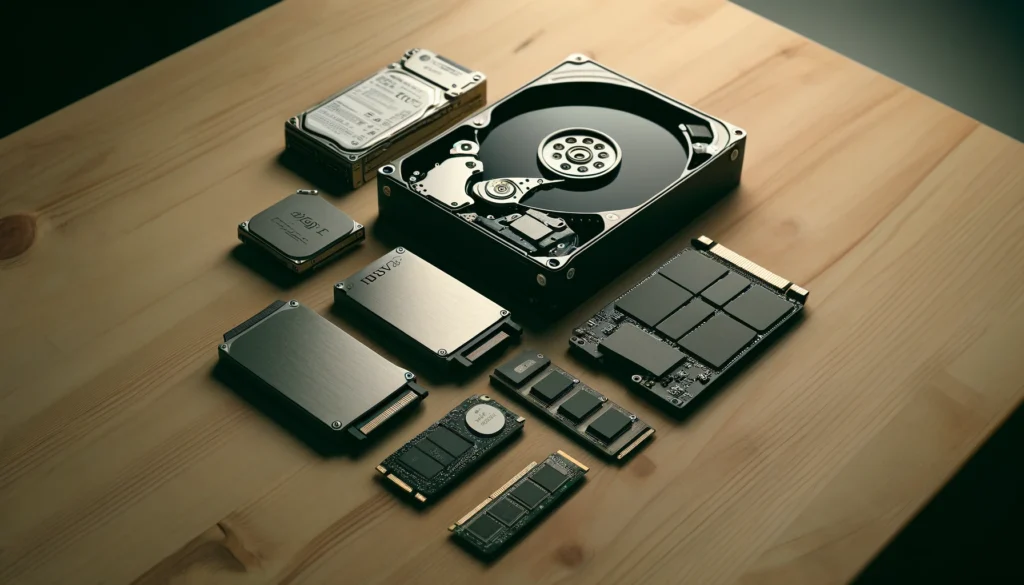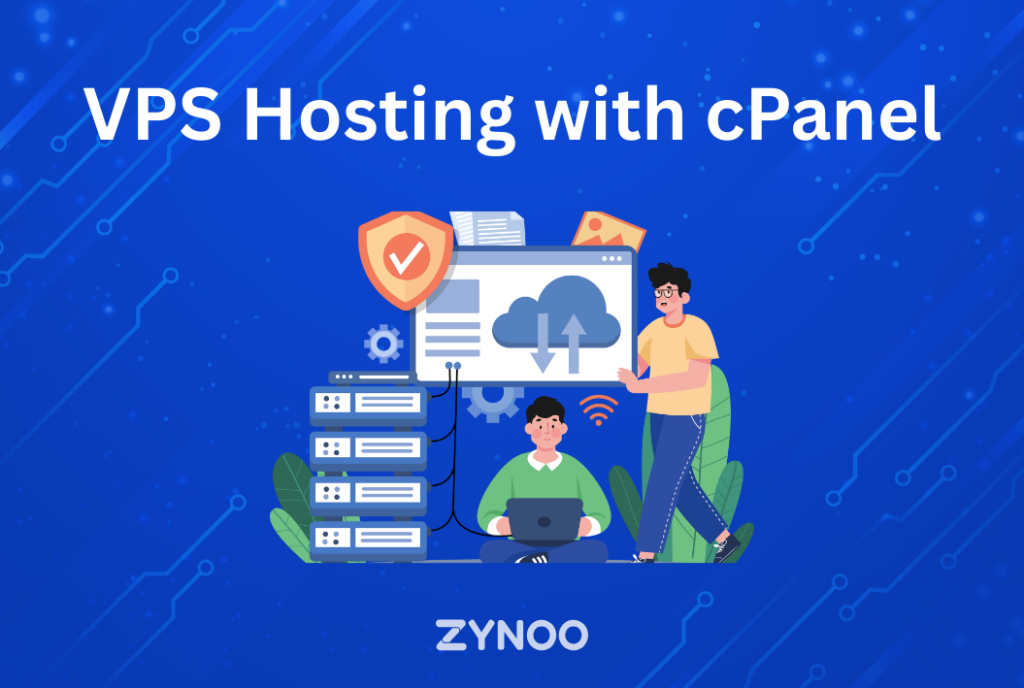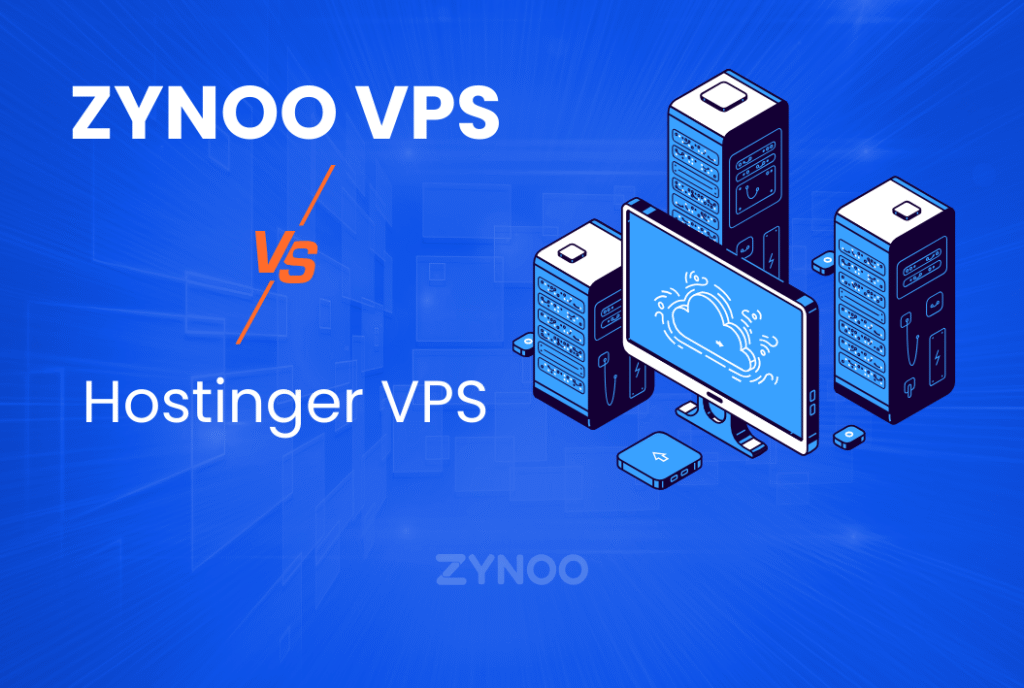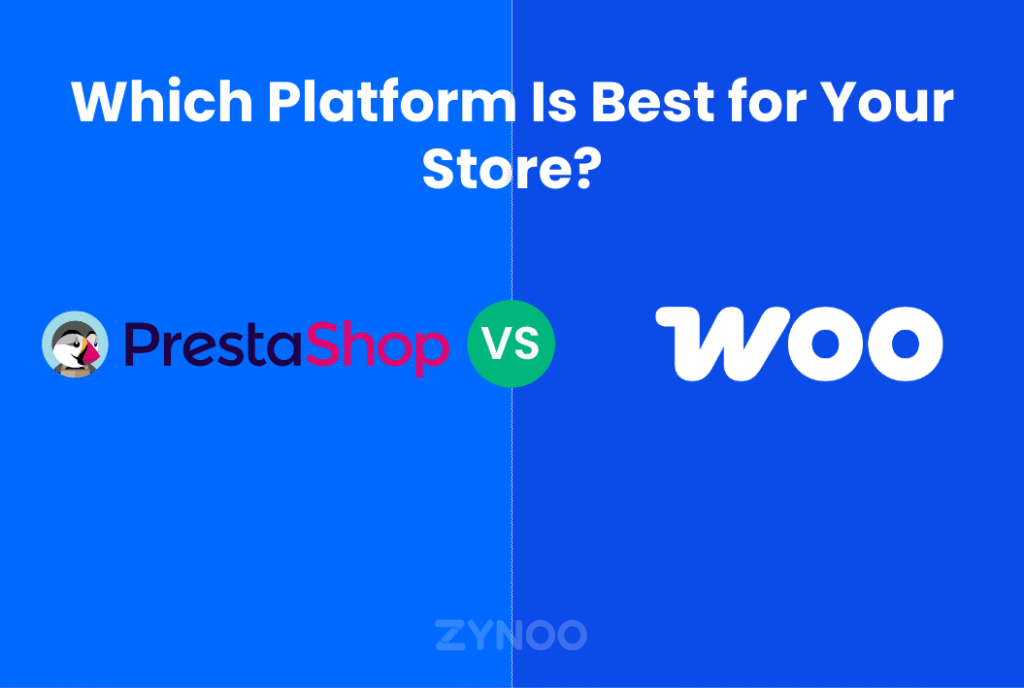
Introduction
In the world of web hosting, choosing the right storage solution is crucial for performance, reliability, and user experience. The three primary options: HDD vs SSD vs NVMe each have unique characteristics that can impact the effectiveness of your website. Understanding the differences between these storage types and how they align with your hosting needs will help you make an informed decision.
Understanding Web Hosting Storage Options
Web hosting storage is the backbone of your website, determining how data is stored, accessed, and retrieved. The three main types of storage options are HDD vs SSD vs NVMe. Each offers different performance levels, costs, and capabilities.
What is HDD?
Hard Disk Drives (HDD) are the traditional form of storage, using spinning disks to read and write data.
Definition
HDDs are data storage devices that use magnetic storage to store and retrieve digital information.
How It Works
HDDs operate using one or more rapidly rotating disks (platters) coated with magnetic material. Data is read and written by read/write heads that move across the platters’ surfaces.
Pros and Cons
Pros:
- Cost-effective
- Large storage capacity
Cons:
- Slower read/write speeds
- Higher power consumption
- More prone to mechanical failure
What is SSD?
Solid State Drives (SSD) represent a significant advancement over HDDs, using flash memory to store data.
Definition
SSDs are storage devices that use integrated circuit assemblies as memory to store data persistently.
How It Works
SSDs use NAND-based flash memory to store data, allowing for quicker access times and improved durability compared to HDDs.
Pros and Cons
Pros:
- Faster read/write speeds
- Lower power consumption
- More durable with no moving parts
Cons:
- Higher cost per GB
- Limited write cycles
What is NVMe?
Non-Volatile Memory Express (NVMe) is the latest storage technology, designed to maximize the performance of modern SSDs.
Definition
NVMe is a storage interface protocol designed for high-speed data transfer between enterprise and client systems using solid-state drives.
How It Works
NVMe connects directly to the CPU via the PCIe interface, reducing latency and increasing data transfer speeds significantly.
Pros and Cons
Pros:
- Extremely fast read/write speeds
- Lower latency
- Improved queue handling
Cons:
- Highest cost per GB
- Requires compatible hardware
Performance Comparison
When comparing HDD vs SSD vs NVMe, performance is a key differentiator. This includes speed, reliability, and durability.
HDD Performance in Web Hosting
Read/Write Speeds
HDDs typically offer read/write speeds of 80-160 MB/s, which can be limiting for high-traffic websites.
Use Cases
HDDs are suitable for applications where storage capacity is prioritized over speed, such as archival storage and low-traffic websites.
SSD Performance in Web Hosting
Read/Write Speeds
SSDs offer significantly faster read/write speeds, ranging from 200 to 550 MB/s, enhancing overall website performance.
Use Cases
SSDs are ideal for medium to high-traffic websites where speed is crucial for user experience and SEO performance.
NVMe Performance in Web Hosting
Read/Write Speeds
NVMe drives can achieve read/write speeds of up to 3500 MB/s, making them the fastest storage option available.
Use Cases
NVMe storage is perfect for high-performance applications, large-scale websites, and e-commerce platforms where speed and reliability are paramount.
Cost Analysis
The cost of storage solutions varies significantly, impacting both initial setup and long-term expenses.
Cost-Efficiency of HDD
Initial Cost
HDDs are the most cost-effective in terms of price per GB, making them attractive for budget-conscious users.
Long-Term Expenses
Higher power consumption and greater likelihood of mechanical failure can increase long-term costs.
Cost-Efficiency of SSD
Initial Cost
SSDs are more expensive than HDDs, but prices have been decreasing steadily.
Long-Term Expenses
Lower power consumption and increased reliability can lead to lower long-term operational costs.
Cost-Efficiency of NVMe
Initial Cost
NVMe drives have the highest initial cost, reflecting their superior performance.
Long-Term Expenses
While expensive, their durability and performance can justify the investment, especially for mission-critical applications.
Reliability and Lifespan
Reliability and lifespan are critical factors, especially for web hosting where uptime and data integrity are paramount.
Reliability of HDD
Failure Rates
HDDs have a higher failure rate due to their mechanical components.
Typical Lifespan
HDDs typically last between 3 to 5 years under normal usage conditions.
Reliability of SSD
Failure Rates
SSDs have lower failure rates since they lack moving parts.
Typical Lifespan
SSDs can last up to 10 years or more, depending on the write cycles and usage patterns.
Reliability of NVMe
Failure Rates
NVMe drives share the reliability of SSDs but benefit from a more robust interface.
Typical Lifespan
NVMe drives can also last up to 10 years or more, with similar considerations for write cycles.
Scalability
Scalability refers to the ease with which storage solutions can be upgraded or expanded.
Scalability with HDD
Upgrading Options
HDDs can be easily added to existing systems, but they may require additional power and cooling.
Limitations
Their slower speeds can become a bottleneck as website traffic grows.
Scalability with SSD
Upgrading Options
SSDs are easier to upgrade and integrate, requiring less power and cooling compared to HDDs.
Limitations
While faster, they may still not meet the demands of extremely high-traffic websites.
Scalability with NVMe
Upgrading Options
NVMe drives offer the best scalability in terms of performance and future-proofing.
Limitations
The main limitation is the higher cost and need for compatible hardware.
Impact on SEO and User Experience
Storage performance directly impacts page load speeds and, consequently, SEO rankings and user satisfaction.
Choosing the Right Storage for Your Needs
Selecting the optimal storage solution depends on various factors including budget, performance requirements, and expected traffic.
HDD for Small Businesses
Cost-Benefit Analysis
For small businesses with limited budgets and lower traffic, HDDs provide ample storage at a lower cost.
SSD for Medium Businesses
Cost-Benefit Analysis
Medium-sized businesses benefit from SSDs’ speed, balancing cost and performance to enhance user experience and SEO.
NVMe for Large Businesses
Cost-Benefit Analysis
Large businesses with high traffic and
performance demands will find NVMe drives essential for maintaining optimal website performance and reliability.
Migrating from HDD to SSD/NVMe
Steps
- Backup Data: Ensure all data is backed up before migration.
- Choose Compatible Hardware: Verify that your system supports SSD/NVMe.
- Transfer Data: Use cloning software to transfer data from HDD to SSD/NVMe.
- Test Performance: Check the website’s performance post-migration to ensure improvements.
Best Practices
- Plan the migration during low traffic periods to minimize impact.
- Keep old HDD as a backup until the new storage proves reliable.
Future Trends in Web Hosting Storage
As technology evolves, emerging storage solutions and trends will continue to shape web hosting.
Emerging Technologies
- 3D NAND: Increases storage capacity without sacrificing speed.
- Optane Memory: Bridges the gap between DRAM and storage for faster access times.
Predictions
- Greater Adoption of NVMe: As costs decrease, more businesses will adopt NVMe for its unmatched performance.
- Cloud Storage Integration: Hybrid models combining local NVMe storage with cloud backup will become more prevalent.
Conclusion
Choosing the right storage solution for web hosting is crucial for maintaining optimal website performance, reliability, and user experience. While HDDs offer cost-effective storage, SSDs provide a significant boost in speed and durability, and NVMe drives deliver unparalleled performance. Understanding the specific needs of your business and future-proofing your infrastructure will help you make the best choice.
FAQs
What is the main difference between HDD and SSD?
HDDs use spinning disks to read/write data, while SSDs use flash memory, resulting in faster speeds and greater durability.
Why is NVMe faster than SSD?
NVMe connects directly to the CPU via the PCIe interface, reducing latency and increasing data transfer speeds compared to traditional SSDs that use SATA interfaces.
Is NVMe worth the extra cost for web hosting?
For high-traffic websites and performance-critical applications, the speed and reliability of NVMe can justify the higher cost.
Can I upgrade from HDD to SSD/NVMe without losing data?
Yes, by backing up your data and using cloning software, you can migrate from HDD to SSD/NVMe without data loss.
Which storage is best for small business web hosting?
For small businesses with lower traffic, HDDs offer a cost-effective solution, though SSDs provide better performance if the budget allows.
How does storage type impact SEO?
Faster storage solutions improve page load times, which can positively affect SEO rankings and enhance user experience.



